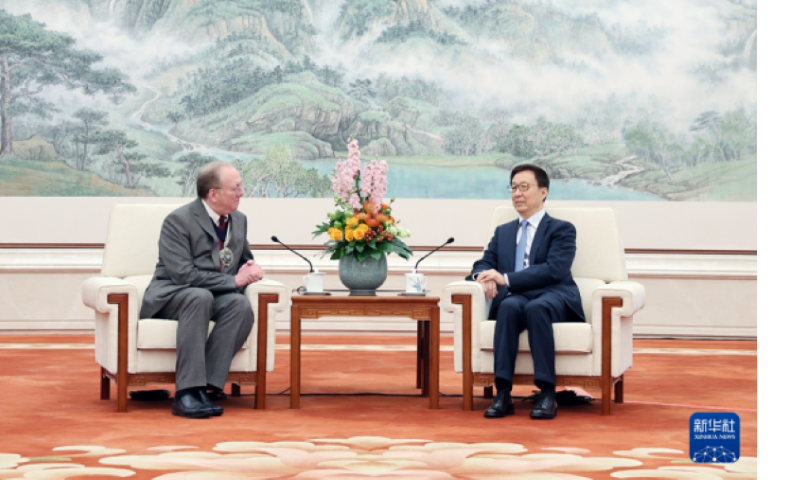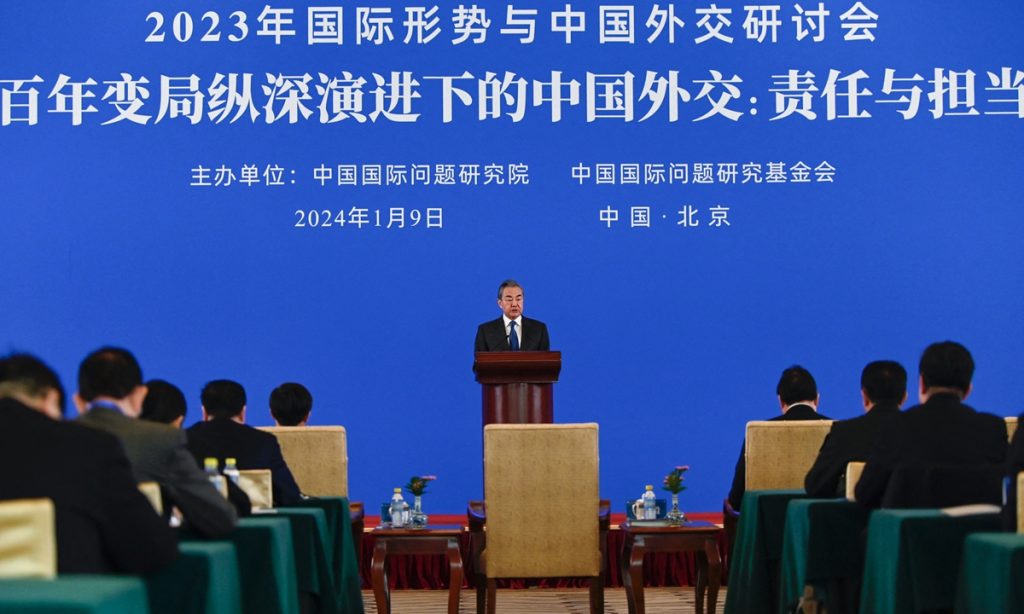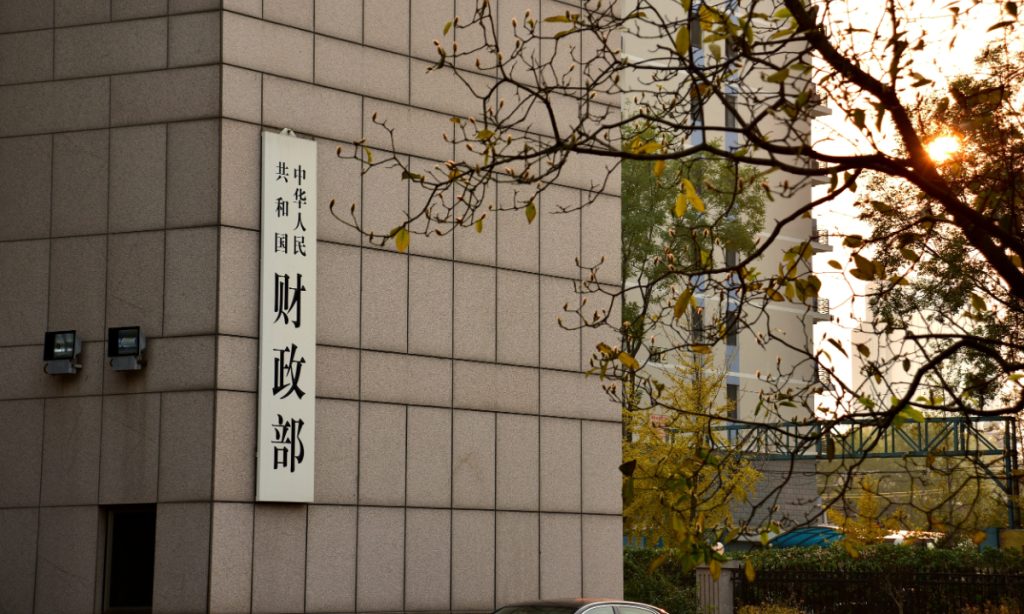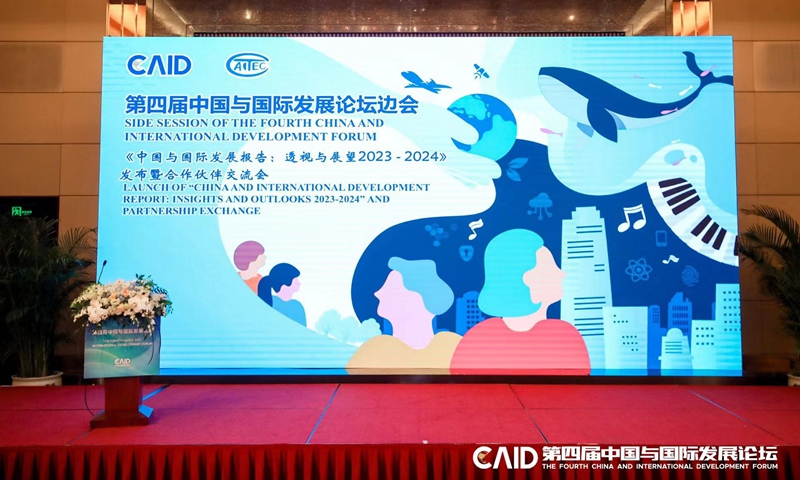Night school boom reflects Chinese youth's pursuit of personal fulfillment, defying 'lying flat' narrative

Working during the day and acquiring new skills at night is becoming a new way of life for young people in China. From dancing to vocal training, from traditional handicrafts, beauty, and fitness classes, to wine tasting and vlog filming, the list of possibilities for new learning experiences is seemingly limitless.
These diverse options, cost-effectiveness, and highly qualified teachers have made "night school," a concept that used to carry a sense of nostalgia in China, popular once more, especially among China's younger generation.
This trend first started in Shanghai. During the enrollment of the Citizen Night School for Arts for the autumn semester in September, more than 650,000 people competed for 10,000 course spots, causing the enrollment platform to crash. Then, in a short period of time, the night school trend spread across China.
Night schools hold a special place in the memories of many Chinese people. From literacy classes after the establishment of the People's Republic of China to evening lectures at universities in the 1980s, generations of young people have, for decades, attended night school to supplement their cultural and technical knowledge.
However, the current wave of young people enrolling in night schools is driven more by their interests, with the aim of enriching their personal, spiritual, and cultural fulfillment.
Observers have pointed out that the night school boom is in line with the current economic situation and young people's living conditions.
Unlike the Western media's portrayal of Chinese young people's "lying flat" mindset under work pressure, attending night schools reflects the diversified growth needs of Chinese youth.
"In a stable economic and social situation, the popularity of night classes is a very common situation as many young people can afford them and have leisure time to attend classes they like, and more importantly, seek to improve their cultural knowledge and mental outlook," Zhang Yiwu, a Chinese language and literature professor at Peking University, told the Global Times.
A new nightlife
"Like light, full of anticipation, night school may be the first time our generation has actively developed interests that are non-utilitarian," said Xu Lili, a 27-year-old advertisement planner in Beijing.
Xu told the Global Times that she spent an entire weekend carefully selecting night school institutions and courses on Little Red Book (Xiaohongshu), a popular lifestyle sharing social media platform in China, before actually attending classes. Finally, she chose a street dance class that was close to her workplace, taught by a graduate from the Beijing Dance Academy. The course cost 700 yuan ($98) for 10 classes and was transferable to friends.
"After experiencing the course, I felt it was really good. The atmosphere was great, and I've made many new friends here," Xu said. "We are also discussing taking Chinese pastry baking and drama appreciation classes together next."
Far from the relatively arduous matriculation process during school days, Xu said that for her, learning about art allows her to temporarily escape from the stresses of her job.
Xu said she did not have any specific expectations for her learning outcomes, but rather wants to try a wide range of courses and find a hobby that can provide her with personal satisfaction.
"Night school allows me to find my passion with minimal cost and also helps me realize that there are more interesting friends and a life beyond work," Xu said.
Chinese people have always had a strong thirst for knowledge. But currently, attending night school now is very different from the nationwide night school craze in the early 1980s. Nowadays, attending night school reflects the diversified growth needs of the contemporary youth.
"It is completely driven by interests, with the aim of enriching our spiritual and cultural lives," Xu said.
In Professor Zhang Yiwu's views, the popularity of night class is one of the best examples, which can dispel the notion that young people in China are "lying flat" for a purposeless life, as portrayed by some Western media outlets.
He noted that in Chinese society, a large portion of young people have enough income to meet basic survival needs and have enough left over to focus on their interests. They don't necessarily have to work extremely hard to earn a stable income, which allows them to easily afford night school or other forms of self-improvement.
In China, there are diverse lifestyle choices that can support both personal growth and a fulfilling leisure life, Zhang pointed out.
"The desire for self-improvement and enrichment is strong among the younger generation, and it extends beyond work. There is a significant proportion of young people who are able to maintain a good living in society and still have time to pursue interests. This phenomenon of enhancing personal development is not surprising and is a natural result of social progress," he said.
A communication channel
"From the beginning, I was worried that the night school courses in a second-tier city would not attract enough people and might not be able to run. But the reality proved that I was overly concerned," Zheng Lifu, who transformed his art training center into a night school in Fuzhou, East China's Fujian Province, told the Global Times.
Just three days after Zheng posted enrollment information for courses at the night school on Xiaohongshu, he received over 300 private messages inquiring about the courses. Within a week, he had successfully opened classes for Guqin and jazz dance, attracting more than 100 participants.
"The demand for young people today to reconstruct their cultural lives and cultivate their interests after work is real," Zheng said.
Currently, Zheng is expanding his night school business further. "The courses are in high demand overall, and we are further assessing the intentions of the students and planning to recruit new qualified teachers to launch more popular courses," he said, noting that his institution aims to provide inclusive entry-level courses while also creating advanced courses to meet the needs of students who want to further enhance their skills.
The Global Times has found that there are roughly three types of night school operation modes currently available on the market. The first type is night schools with official backgrounds, which are established through the coordination of local governments, community organizations, village committees, and training institutions. The second is night schools initiated by training institutions, similar to Zheng's, which offer affordable introductory courses and target long-term course applicants. The third is night schools run by individuals or teams who act as intermediaries, connecting students with institutions and earning a portion of the enrollment fee. All of these operating models are striving to achieve precise alignment with the knowledge demands of young people.
"There are two types of content that easily attract attention on social platforms: 'Where to go after work' and 'Where to go at weekends'" Kevin Wang, a 32-year-old finance industry worker in Shanghai, has devoted all his free time to operating his self-developed community platform Weekend Charging. This young offline social platform, which has been in operation for over a year, started to focus on night school management a month ago.
Wang noted that the night school operation model of Weekend Charging involves cooperation with training institutions to offer interesting courses that young people may not easily come across, such as ukulele, horse riding, and woodwork and leather goods production, in order to lower the learning threshold and cultivate interests and friendships, thus recharging their energies.
Currently, there are over 1,000 active young people in the Weekend Charging community, participating in more than 20 different courses.
"Young people in big cities live in scattered locations and have diverse interests. We play a role in bridging the information gap between training institutions and colleges, and ensuring the cost-effectiveness of night school, a new learning and communication model for young people," Wang said.
A career opportunity
"The new form of night schools is currently thriving, but still in the early stages of development," said Wang. "Everyone is exploring uncharted territory, hoping to establish a comprehensive and smooth operational system that covers courses, pricing, faculty, and after-sales support, in order to foster positive growth and attract and retain the enthusiasm of young learners."
Wang pointed out that the operation of Weekend Charging night school is still in its infancy, and as all members are part-time, they have not yet achieved substantial profits.
"Our core team consists of only 5-6 people, who have come together out of interest and are truly proud to be involved in the night school industry as a career opportunity," he stressed. Wang added that many people find their work meaningful during the classes and continue to sign up. "Although there is uncertainty; we are full of hope for the future of night schools," he said.
The upgraded night schools are also striving to keep up with the times and maintain their appeal to young people.
As the number of students continues to grow, operational challenges also increase. Wang hopes that in the future, the government and private forces will join forces. "Only when this trend passes can high-quality night schools with unified standards be better sustained."
"For some people, attending night school may be a temporary phase, but overall, this social trend includes enhancing self-cultivation and self-improvement in the fields of aesthetics, art, and culture, among others, and also helps create a new industry that benefits social and economic development," Zhang said. "The trend will not change."








